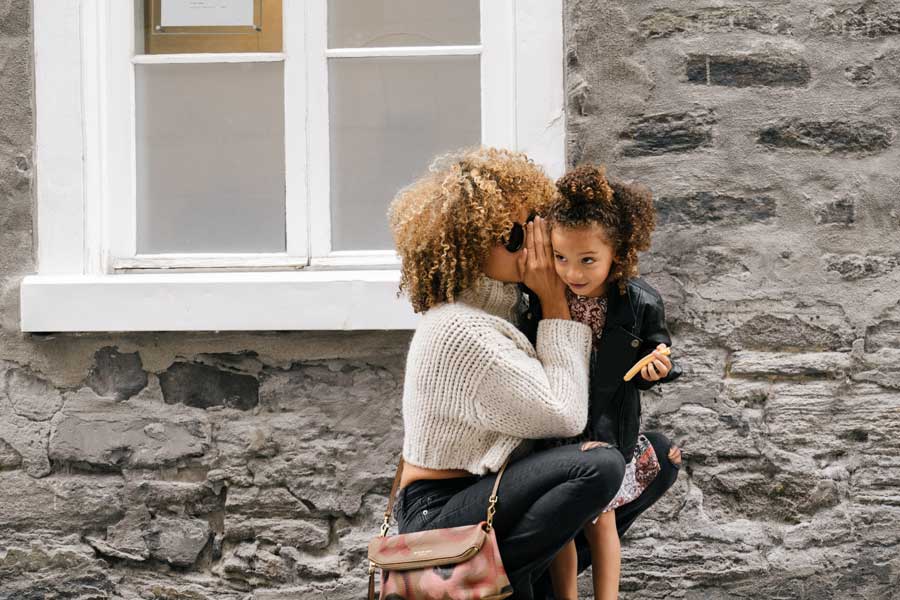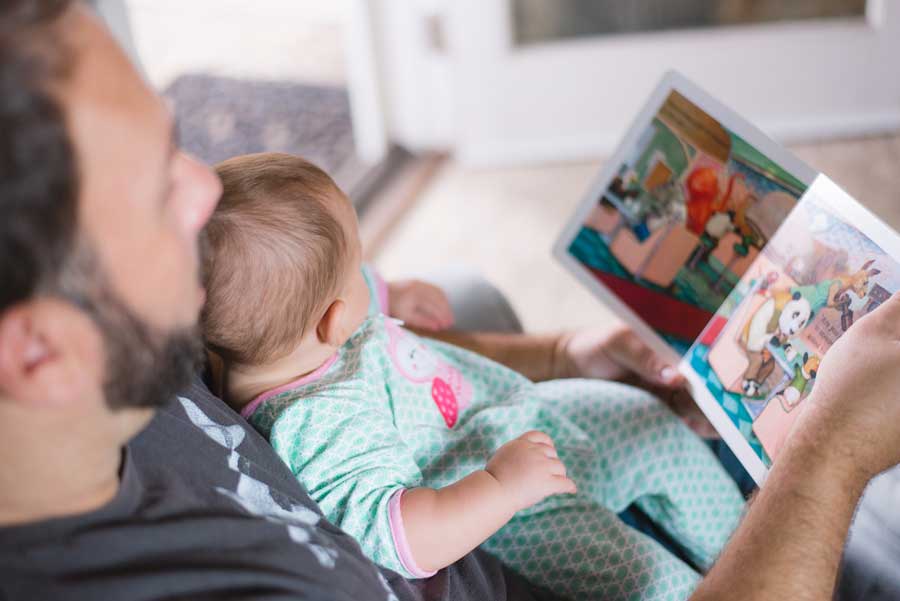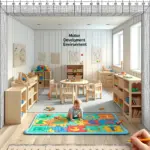Welcome to the fascinating world of language development in babies! There’s no greater linguistic genius than a newborn, embarking on the remarkable adventure of learning a language from scratch within just a year or two. How do they achieve this incredible feat? Let’s dive into this intriguing journey, where cuteness plays a surprisingly significant role, and discover the auditory and motor milestones that mark the path to language mastery.

Language development in children is a crucial aspect of their overall growth. It enhances their communication skills, allowing them to express and comprehend emotions effectively. This development is integral to their cognitive abilities, aiding in thinking, learning, problem-solving, and forming and sustaining relationships. Furthermore, early language skills lay the foundation for literacy, serving as a critical precursor to learning reading and writing.
One of the keys to properly awakening your baby is to remain attentive to these needs throughout his development. There is no person more attentive to a child than his mother and father. Often in our society we do not allow mothers to respond sufficiently to the needs of their child so there it is said, if you want to be a good mother or a good father then be yourself! Allow yourself this authenticity!
Auditory Skills Acquisition - The Sensory Prelude
Did you know that the fetus is already attuned to sounds while in the womb? That’s right, the journey of auditory development begins before birth. The most natural way to feed your baby’s hearing is by listening to music yourself. Commercial products exist to play music to the fetus, but they often risk improper volume control. Shared listening not only ensures safety but also creates a bond, as your baby feels what you feel. Scientific consensus states that a fetus can hear from the third trimester, particularly the mother’s voice, giving her a special status in her baby’s auditory world. From birth, a baby can discern the unique prosody of its mother’s voice among others. Sensory nourishment is crucial in maturing the neurological pathways of hearing. Interestingly, premature babies often have more advanced vision than full-term babies at the same conceptional age, due to their exposure to a richer visual environment.
Key Milestones in Auditory Development: what to expect?
- Discrimination of Sounds (2-4 months): Babies start differentiating various sounds and show preferences for certain voices or music types.
- Sensitive Period for Phoneme Learning (6-12 months): Babies initially recognize the prosody of their mother’s language. They quickly start to identify phonemes, the building blocks of language, and by 10 months, their listening becomes specialized, recognizing only the phonemes of languages they’ve been exposed to.

Bedtime story :
The evening story ritual is a very good habit allowing you to have a moment of calm and active listening. Your child will be less reluctant to go to bed after this ritual! This is by no means a wasted moment. Visit our post on the topic! I remember that after evening reading I often talked to my son about the reading we had together! Often when we really immerse ourselves in the story, we feel like we have gone through all these stories with our child!
Language Development - The Motor Aspect
Now, let’s talk about the motor side of language development. Many parents mistakenly believe that language explodes between 2 to 2.5 years, but in reality, it’s the ability to express previously acquired language that blossoms. This period is crucial for the development of motor skills for language production. We consider a baby capable of understanding a phrase like “are you hungry?” if they respond with sucking motions.
Key Milestones in Language Development: what to expect?
- Pre-linguistic Vocalization (up to 6 months): Babies produce non-specific language sounds for comfort (cooing) and distress (crying).
- Babbling Phases:
- Cooing and Babbling (2-3 months): Exploration of vocal sounds like “oo”, “aa”, “ee”.
- Simple Babbling (6 months): Repetitive sound sequences like “ba-ba” or “da-da”.
- Varied Babbling (9-10 months): Complex sounds and imitation of adult speech intonations.
- Jargon Stage: Preceding or concurrent with first words, using sounds and intonations resembling phrases without meaningful words.
- First Words (Around 12 months): Simple words related to their immediate environment, such as “mama”, “dada”, “no”.
Connecting Auditory and Language Skills:
The acquisition of language is intricately linked to auditory skills. We invite you to read our post on developing these auditory skills for deeper insights.
Your child is already on the path to speaking! Now is the perfect time to prepare for phonological learning and develop phonological awareness. This step doesn’t necessarily require paper-based materials. Visit our website for more resources and tips on nurturing your little one’s language journey with joy and effectiveness.
Remember, while your baby is cracking the language code, you might just be decoding the art of parenting. Every coo and babble is a step closer to conversation. So, listen up, engage, and let’s make language learning fun – after all, it’s child’s play!




